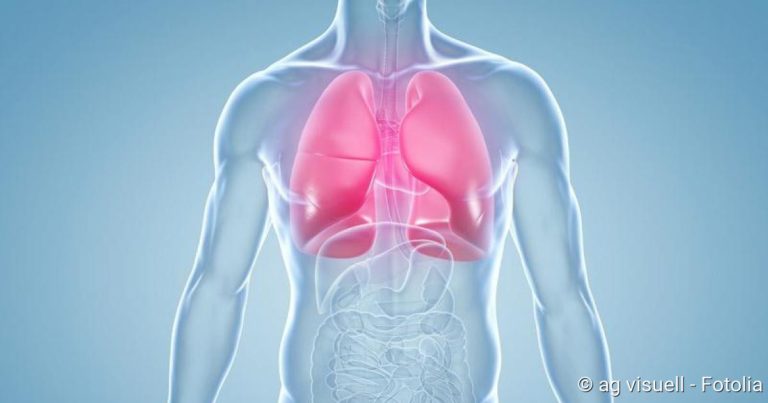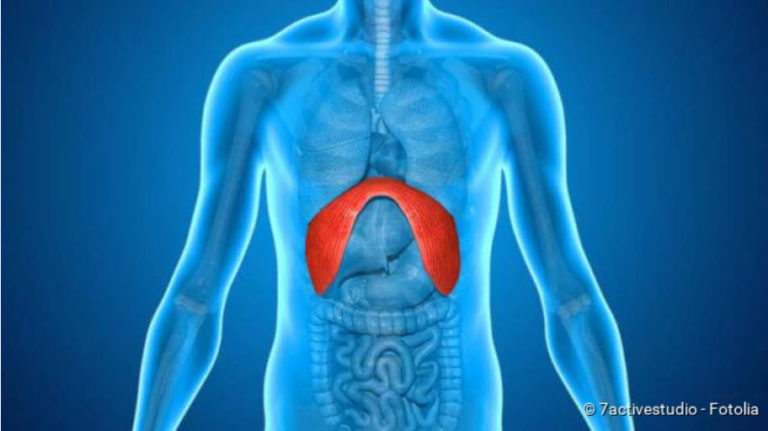Concussion: causes, symptoms, treatment
A concussion is the mildest form of craniocerebral injury. Doctors also refer to it as Commotio cerebri (Latin: commotio = movement, cerebri = the brain). Concussions are very common, mostly as a result of accidents during sports, at home or at work. Here you can learn more about the causes, symptoms and treatment of concussion.
What happens in case of a concussion?
The brain is a vital and particularly sensitive organ. It is therefore well protected inside the skull. In addition, it is surrounded by a fluid that is located between the brain and the cranial bone and which also surrounds the spinal cord (cerebrospinal fluid). A concussion is usually caused by a blunt blow to the head or an impact, such as falling off a bicycle or skiing. Children in particular are more often affected by a concussion: Typical causes are, for example, falls from the changing table, from the parental bed or from the stairs.
The concussion is caused by the brain hitting the skull wall from the inside due to the impact. The outer skin of the head and the skull bone may, but need not necessarily, be injured. Since a temporary functional disorder of the brain occurs, cerebral concussion – sometimes referred to as concussion by doctors – is classified as a craniocerebral injury.
Craniocerebral traumas are divided into three degrees of severity; the cerebral concussion corresponds to degree I, the mildest form. By definition, unconsciousness may occur here, but this does not last longer than 15 minutes, and no consequential damage is to be expected in the event of a concussion. More about causes, symptoms, diagnosis, therapy and prognosis of craniocerebral trauma can be found here.
Concussion: symptoms
A concussion usually causes symptoms that are quite typical. The extent of the complaints can vary. Signs of a concussion can appear quite immediately after the accident, but in some cases there are several hours between the triggering event and the first symptoms.
Signs of concussion – what is typical?
Characteristic features of a concussion include short memory gaps, which often affect the period before and sometimes also after the accident (anterograde or retrograde amnesia). It is also possible that the person concerned loses consciousness for a short time. If the unconsciousness lasts longer, one must assume a more serious craniocerebral trauma. In many cases, cerebral concussion leads to moderate and sometimes severe headaches, often accompanied by dizziness, nausea and vomiting. As an expression of temporary brain dysfunction, some people with a concussion are also sensitive to light or loud sounds. The sense of smell and taste can also be temporarily irritated.
Concussion in infants (children and babies) – what do I have to watch out for?
Concussion in children and babies is relatively common. However, infants and toddlers are not yet able to express their complaints, so it is particularly important for parents to observe their child closely after a fall or accident. In principle, the following applies: If your child was unconscious after an accident, even if only for a few moments, always consult a doctor. Immediate crying after a fall can initially be seen as a good sign. However, if the crying continues, if vomiting occurs or if the child appears particularly restless or apathetic and sleepy, you should not wait any longer to see the doctor. With small children, it is also important to remember that the symptoms of a concussion can also appear with a delay, i.e. after six, twelve or more hours. In principle, parents are well advised to have their child examined by a pediatrician after a fall or blow to the head.
Concussion: treatment
A mild concussion does not necessarily have to be treated. Painkillers such as paracetamol or ibuprofen help against headaches. In some cases the doctor may also prescribe a remedy for nausea. In any case, it is advisable to stay in bed for a few days. Watching television or reading is not recommended during this time, as the symptoms may increase. A severe concussion must be taken particularly seriously. Therefore, these patients usually stay in hospital for about 24 hours for observation.






